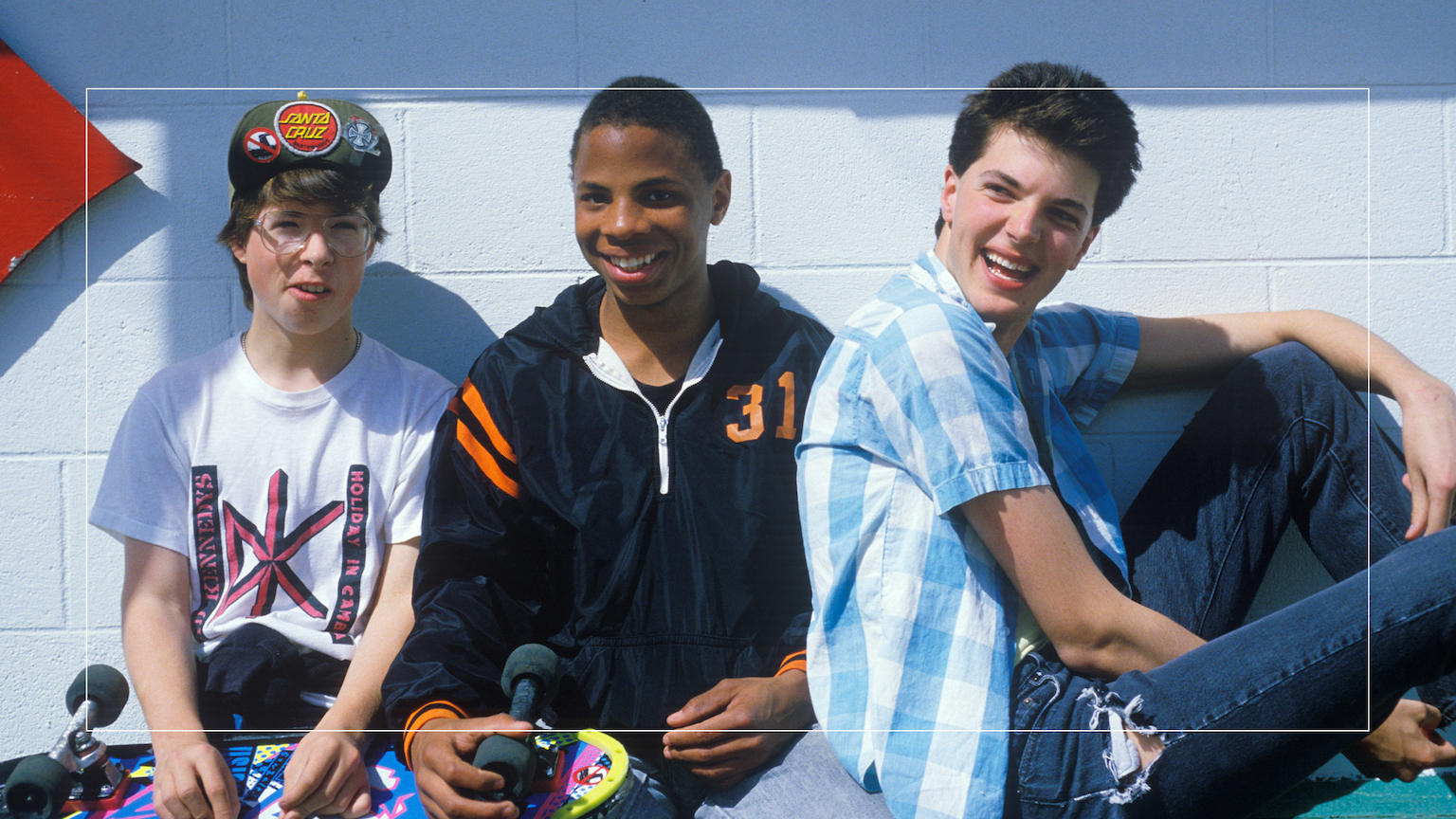Aging gratefully: Will you be happier in old age?

- Despite the challenges older age brings, life satisfaction and emotional stability begin to increase around the age of 55.
- Is it a matter of setting priorities? Is it because of cognitive decline? Recent research sought to find out why older people are better at being happy.
- One thing is for sure: Your grandpa is better than you are at maximizing happiness.
What will you be like at age 70?
You may feel more negative than ever. Perhaps you will ruminate on goals you never achieved, curse your growing aches and pains, and lose yourself in the existential dread of knowing you are inching closer to the end of your life.
Or maybe you’ll be happier than ever.
Jason Stretton led a team of doctors to test this second possibility. Specifically, the researchers assessed whether age makes people better at finding joy and experiencing positive emotions. Here is what they found.
An old paradox
Older adults face myriad challenges — health issues, cognitive decline, the loss of spouses and independence. Yet across the world, life satisfaction and emotional stability begin to increase around the age of 55. Though life satisfaction does begin to stabilize or even decline after age 70, people over 90 years of age still report higher psychological wellbeing than their middle-aged counterparts.
Stretton and his colleagues, Susan Schweizer and Tim Dalgleish, set out to get to the bottom of this paradox.
One possibility is that the cognitive decline associated with older age makes people happier. Older people might forget bad things more quickly. They might also live simpler lives, with less stress and overthinking. Perhaps ignorance is indeed bliss.
Stretton and his team, however, proposed an alternative hypothesis: that older people may be better than younger people at maximizing their happiness in the moment. This could happen for a couple reasons.
First, older adults might be better at maximizing happiness because they make it a higher priority. According to socioemotional selectivity theory, our goals change across life. Younger people tend to focus on long-term goals such as building knowledge, establishing social connections, and accumulating resources like money and prestige. Older people, on the other hand, know their time is limited, so they focus on the moment and prioritize more immediate goals. They look for satisfaction in the here and now.
Further, older adults have a lifetime of experience dealing with life’s ups and downs. This may translate into improved emotion regulation skills — abilities such as planning ahead to avoid stressful situations, or reframing events to uncover their positive aspects.
The evidence for all of this is mixed. Some studies suggest that general cognitive decline leaves older people less able to implement strategies such as planning ahead or reframing. But other research finds that older adults maintain important cognitive abilities related to emotion processing, like memory, impulse control, and attention.
Taking the measurements
To assess why older people report higher levels of emotional wellbeing, the researchers invited 249 adults aged 18 to 88 from across the United Kingdom to their laboratory. There, the doctors measured participants’ emotional reactions, brain volume, and cognitive abilities.
To produce emotional responses, participants viewed short videos that were either negative (such as news clips about genocide), neutral (perhaps a weather forecast), or positive (maybe a laughing baby).
Before viewing half of the negative videos, participants were asked to regulate their emotions — that is, to try to reduce any negative emotional responses by reappraising the video clip. During the other videos, they were asked to simply watch and allow any emotional responses to occur naturally. After each video, participants rated how positive and negative their emotional response was, and how successful they were at regulating it. They also completed measures of fluid intelligence and reported their education level. Finally, the researchers used magnetic resonance imaging to measure each participant’s gray matter in several brain areas related to cognition and emotion.
The researchers found that age predicted four unique factors relevant to emotional wellbeing. Specifically, older people reported higher levels of:
- Positive reactivity (positive emotional responses to positive and neutral videos).
- Positive regulation (positive emotional responses to negative videos).
- Negative reactivity (negative emotional responses to negative, positive, and neutral videos — though this correlation was very small).
- Basal negative affect (baseline level of negative emotionality, unrelated to watching negative videos).
In short, older participants were slightly less happy at baseline, but they had stronger emotional reactions to the videos — especially to the positive ones.
More than cognitive decline
As expected, fluid intelligence tests showed that older adults on average showed cognitive decline. They also had lower volumes of gray matter in several brain regions.
In turn, fluid intelligence, education level, and brain volume in two areas (the medial frontal gyrus, and the pars opercularis in the inferior frontal gyrus) were related to negative reactivity or basal negative affect.
However, neither educational level nor fluid intelligence predicted positive reactivity or positive regulation scores. Meanwhile, these qualities did increase with age, even after accounting for brain differences.
Together these findings suggest that cognitive decline may cause older adults to experience more negative reactivity, but it is not the reason older people experience more positive emotions.
Hope for the future
In short, the older someone was, the more they experienced positive emotions in response to both positive and negative stimuli. This occurred even though older people had higher baseline levels of negative emotion, and even though they were also slightly more reactive to negative stimuli than their younger counterparts.
These differences were not the result of some general reduction in brain volume, nor of cognitive decline. Instead, these findings are consistent with the idea that older people are better at maximizing their moment-by-moment happiness. When faced with something positive, neutral, or even negative, they are better able to find the joy embedded within that experience.
Consistent with socioemotional selectivity theory, their increased focus on the here and now means older people may also have stronger negative reactions to upsetting stimuli. But their ability to positively regulate their emotions means they can find more positivity in such negative experiences than other people.
Granddad might be cranky at baseline for no reason (or perhaps because his back aches). But whether it is because he is better able to focus on the present, or because he has developed the means to regulate his emotions, he is also better than you at maximizing his happiness.
Hopefully you will be that way too — at 70, and well beyond.





